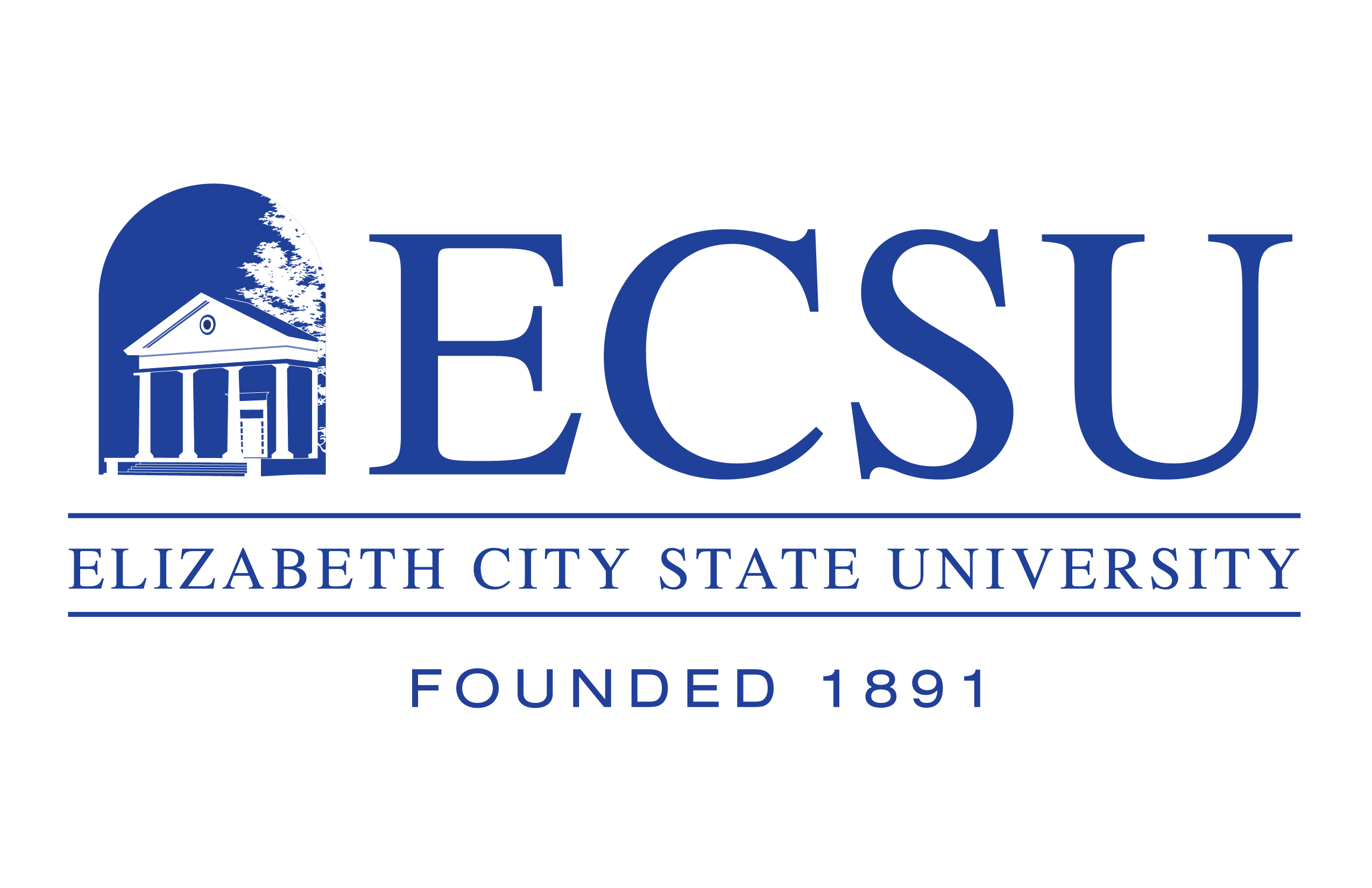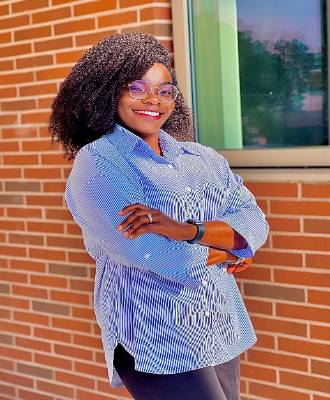Elizabeth City, N.C. — A big win has come for local education, with an Elizabeth City State University (ECSU) professor taking the lead. Chioma Ezeh, assistant professor of elementary education, has been awarded a $49,936 grant from the North Carolina Collaboratory (NCC) to fuel her mission to enhance literacy.
Since she arrived at ECSU, Ezeh has been committed to outreach and literacy initiatives to improve outcomes in nearby schools. Her work focuses on reaching students in the local communities that face unique challenges, ensuring they have the tools to succeed academically despite the challenges. Ezeh sees the community's blend of cultures and languages as a strength, not a barrier.
"I have been inspired by the relationship between our department and the local school districts. The districts consistently welcomed us, whether through our volunteering efforts in their schools or by participating in our events and interacting with our students," said Ezeh.
According to Ezeh, culturally and linguistically diverse learners face greater challenges than others due to digital inequality, language barriers, and limited access to literacy resources. As a result, teachers, particularly those in elementary schools, face challenges in providing tailored support to meet students' complex needs.
"We know that diversity across ability, racial, ethnic, linguistic, and socioeconomic student groups has reportedly explained literacy achievement gaps. The global disruption caused by the pandemic has worsened these existing disparities."
Through examining teacher-community relationships, Ezeh is ready to take on the challenge with a goal and a strategy. The goal—to enhance literacy capabilities in culturally and linguistically diverse communities across the region. The strategy—to collaborate closely with local school districts, using the grant to boost existing programs and introduce new strategies tailored to the needs of these communities.
According to Ezeh, various principals and stakeholders occasionally visit ECSU's education department to interact with faculty. She added, "This kind of collaboration fosters research opportunities, and I am grateful for the chance to build on this relationship."
One question fuels her passion—How can a student learn to read regardless of background or circumstances? "Early literacy is crucial for a child's future academic success," Ezeh stated.
Through this project, Ezeh is dedicated to engaging the community.
"One of the most rewarding steps I took early on was meeting and talking with some district superintendents and stakeholders to learn about their needs, initiatives and contexts," said Ezeh.
Ezeh shared her belief that research should align with the realities of communities. The grant offers the funds to support programs local districts already have underway. For instance, the ECPPS district launched its dual language program this fall.
"As a district we serve, I am eager to contribute to this program through professional development, research, and grant applications focused on optimizing its implementation," Ezeh added.
Ezeh and her team's relationships with school and community leaders are a primary tool in the success of this initiative. "The principal at P.W. Moore Elementary, an ECSU alumna, and her team joined us for a panel discussion with our students, which proved to be highly motivating and empowering for them," Ezeh said.
As the program takes shape, the potential to close the achievement gap and bring equity to literacy promises to be a battle worth fighting and a reality within reach. With the North Carolina Collaboratory grant, Ezeh and her team will continue the mission to unlock the potential of students who might otherwise be left behind.
To learn more about this project or to get involved, contact Ezeh or go to www.ecsu.edu.

